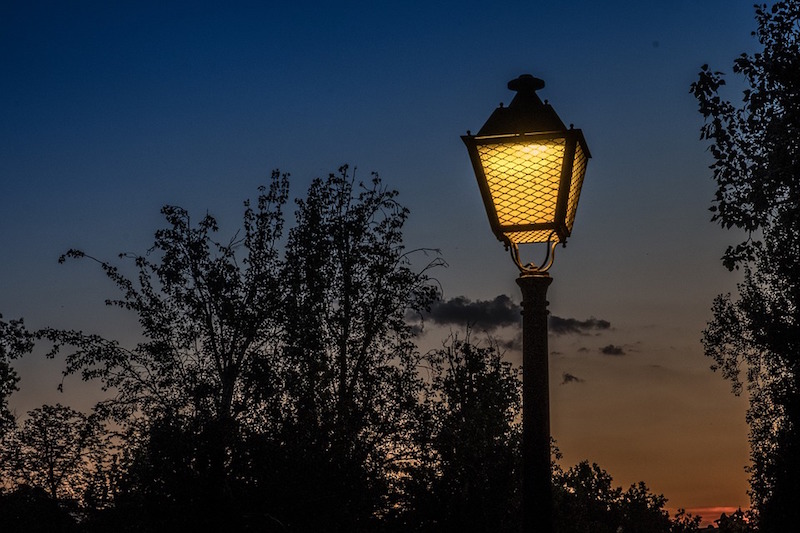The latest lighting technology for parking areas quickly pays for itself and can reap energy savings of up to 70%, according to the U.S. Dept. of Energy.
The Department has promoted its Lighting Energy Efficiency in Parking (LEEP) Campaign to support participants in their efforts to upgrade and install energy-efficiency equipment and lighting controls in over 540 million sf of parking facilities since 2012. That effort has translated into savings of 137 million kWh a year, or $14.79 million in electricity savings.
LED products have made the fastest inroads in outdoor applications, DOE says, with a penetration rate of 32.5% in parking garages and 26.2% in parking lots in 2016. LEEP is a collaboration between the U.S. Green Building Council (USGBC), Building Owners and Managers Association International (BOMA), International Facility Management Association (IFMA), International Parking Institute, and the Better Buildings Alliance, with technical support from the Department of Energy’s Pacific Northwest National Laboratory.
LEEP Campaign resources, including tools, case studies, and guidance materials designed to make it easy for facility owners and managers to adopt high-efficiency lighting and controls systems for parking facilities are available at: http://www.leepcampaign.org/
Related Stories
| Sep 8, 2022
U.S. construction costs expected to rise 14% year over year by close of 2022
Coldwell Banker Richard Ellis (CBRE) is forecasting a 14.1% year-on-year increase in U.S. construction costs by the close of 2022.
| Aug 29, 2022
Montana becomes first U.S. state to approve 3D printing in construction
Montana is the first U.S. state to give broad regulatory approval for 3D printing in building construction.
| Aug 25, 2022
New York City’s congestion pricing aims to reduce traffic, cut carbon
Officials recently released an environmental assessment that analyzes seven different possible pricing schemes for New York City’s congestion pricing program.
| Aug 23, 2022
New Mass. climate and energy law allows local bans on fossil fuel-powered appliances
A sweeping Massachusetts climate and energy bill recently signed into law by Republican governor Charlie Baker allows local bans on fossil fuel-powered appliances.
| Aug 22, 2022
Gainesville, Fla., lawmakers moved to end single-family zoning
The Gainesville City Commission recently voted to advance zoning changes that would allow duplexes, triplexes, and quadplexes to be built on land currently zoned for single-family homes.
| Aug 16, 2022
DOE funds 18 projects developing tech to enable buildings to store carbon
The Department of Energy announced $39 million in awards for 18 projects that are developing technologies to transform buildings into net carbon storage structures.
| Aug 11, 2022
Report examines supposed conflict between good design and effective cost management
A report by the American Institute of Architects and the Associated General Contractors of America takes a look at the supposed conflict between good design and effective cost management, and why it causes friction between architects and contractors.
| Aug 10, 2022
U.S. needs more than four million new apartments by 2035
Roughly 4.3 million new apartments will be necessary by 2035 to meet rising demand, according to research from the National Multifamily Housing Council (NMHC) and National Apartment Association.
| Aug 9, 2022
Work-from-home trend could result in $500 billion of lost value in office real estate
Researchers find major changes in lease revenues, office occupancy, lease renewal rates.
Legislation | Aug 8, 2022
Inflation Reduction Act includes over $5 billion for low carbon procurement
The Inflation Reduction Act of 2022, recently passed by the U.S. Senate, sets aside over $5 billion for low carbon procurement in the built environment.

















